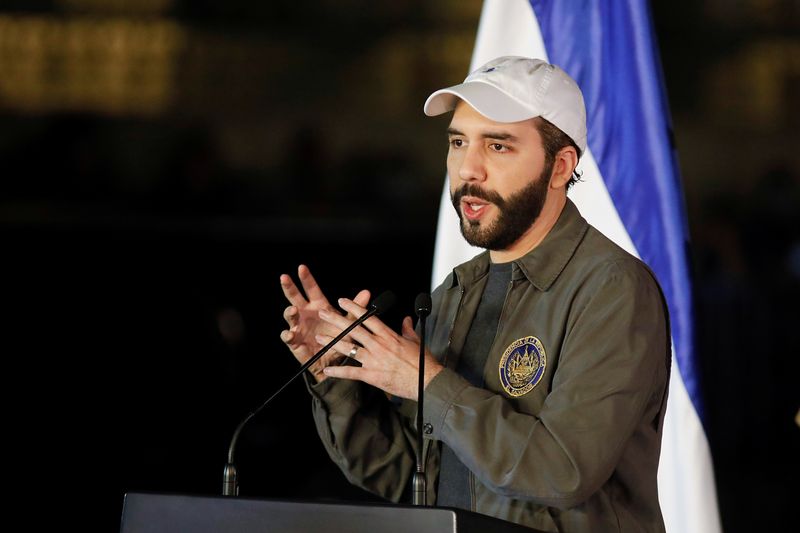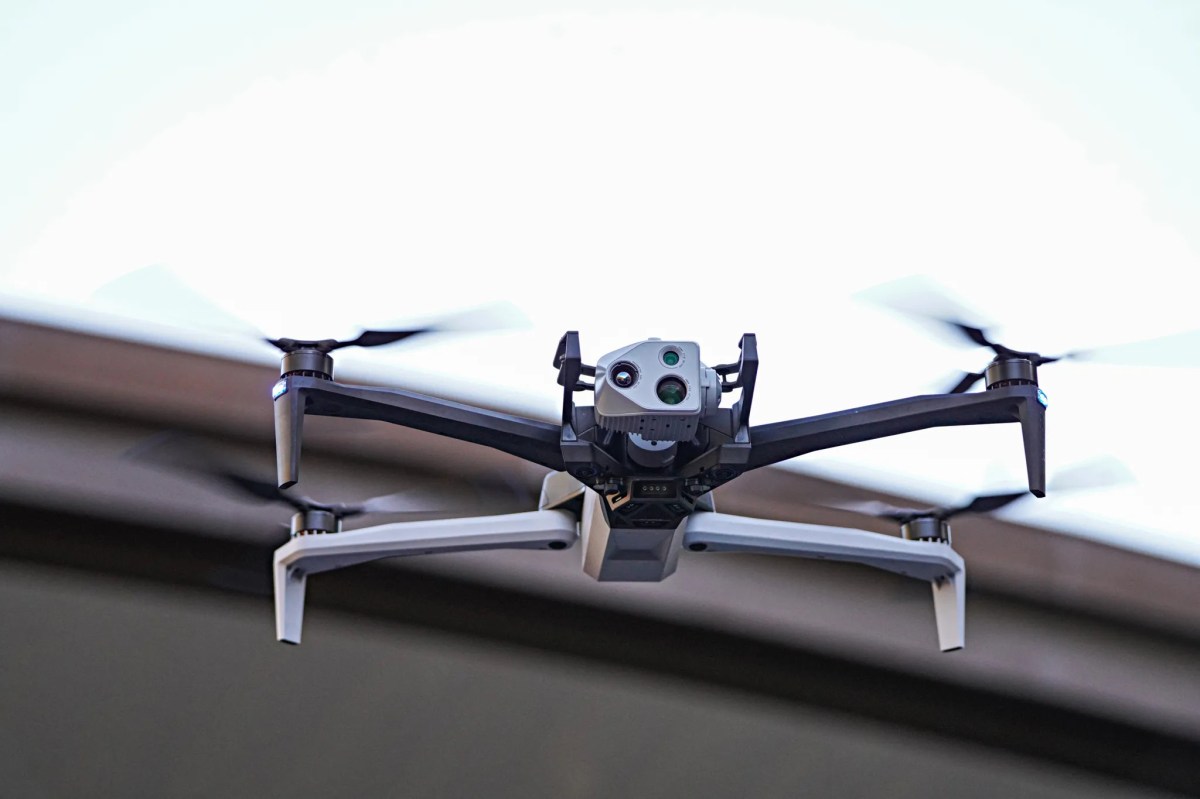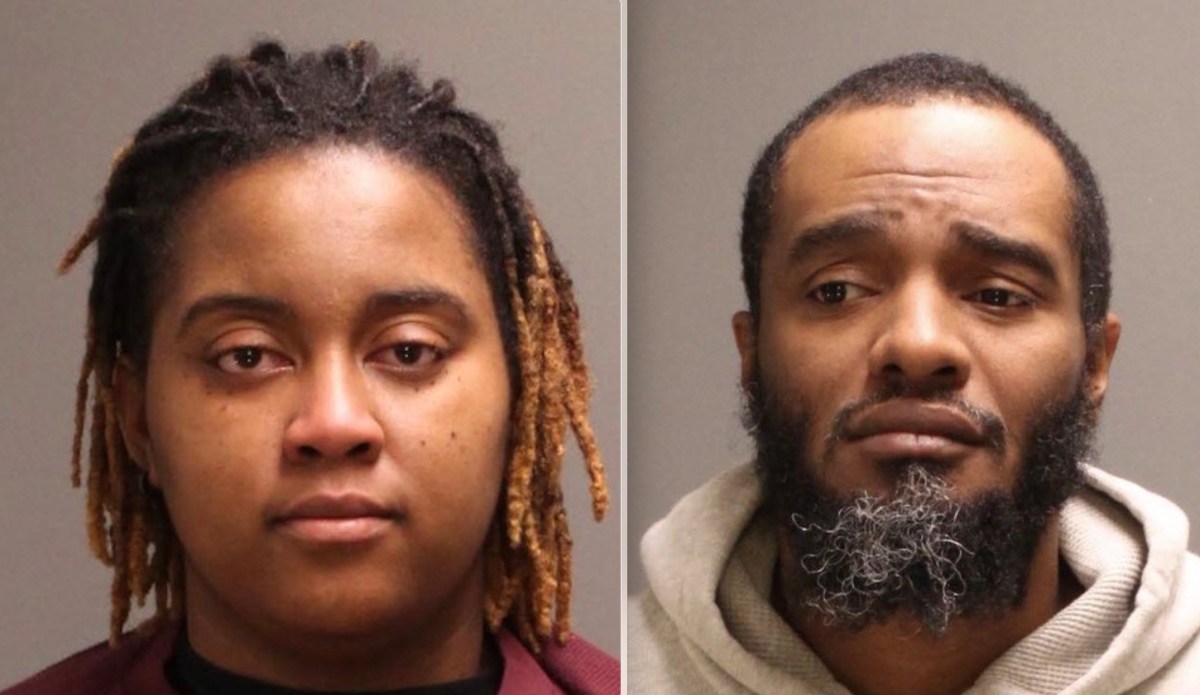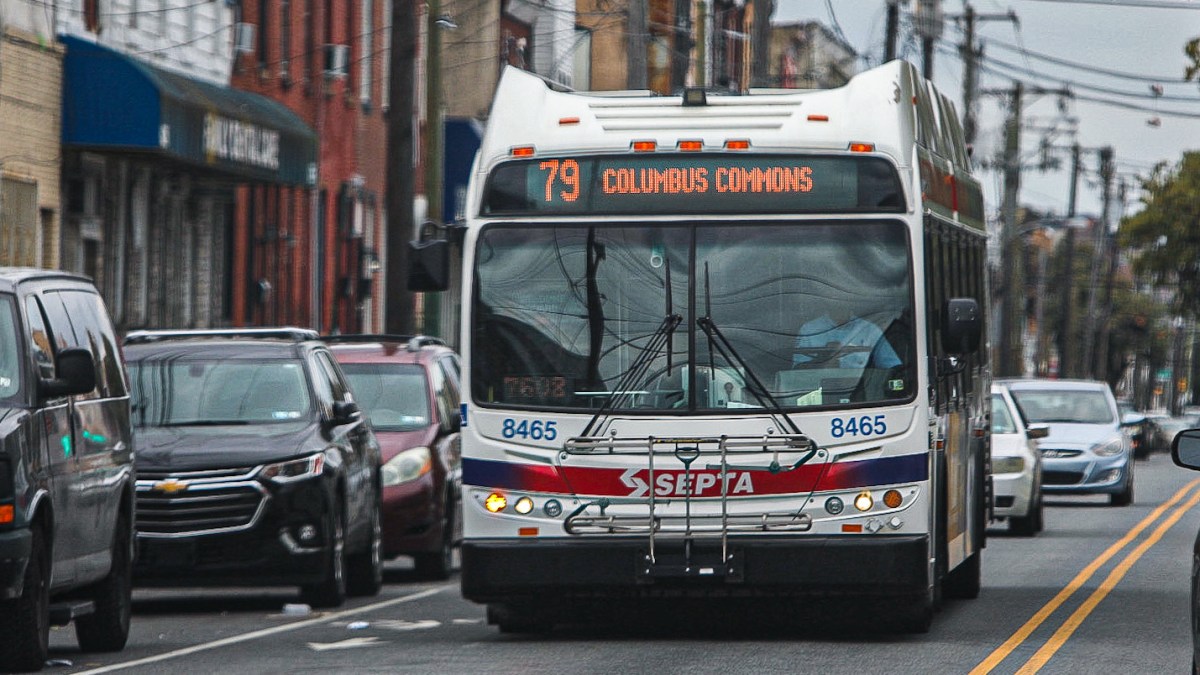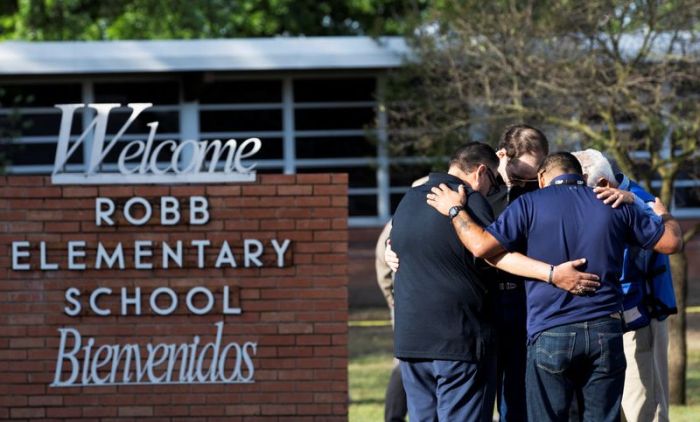By Nelson Renteria
SAN SALVADOR (Reuters) -El Salvador extended on Wednesday a state of emergency pushed by President Nayib Bukele, with lawmakers overwhelmingly backing the measure that has given security forces extra powers to fight gangs.
The popular Bukele, a maverick politician, has sought to prioritize security in the Central American country, where bloody violence perpetrated by prison and drug gangs has been a longstanding problem.
Some 67 lawmakers in the 84-seat legislature voted for the 30-day extension of emergency powers, which critics say violate the due-process rights of more than 34,500 alleged gang members who have been arrested in recent months.
International human rights groups have condemned the measure for prompting arbitrary arrests of people on the spurious grounds that they have gang affiliations, and for what they say are violations of due process.
Reuters reported earlier this month that quotas for arrests were driving mass detentions, resulting in arrests of some innocent people.
Lawmakers aligned with Bukele first passed the emergency edict in March after El Salvador registered its bloodiest day since the end of the country’s civil war three decades ago, with 62 murders in 24 hours.
The head of Congress announced over the weekend that El Salvador had notched up seven consecutive days without homicides, crediting the president’s “all-out fight against terrorists.”
Bukele’s law and order actions in office have won him widespread support at home, shown in strong approval ratings.
Some would like to see him reelected. A poll this month from Francisco Gavidia University’s Center for Citizen Studies showed that 72% of Salvadorans supported a second term for the 40-year-old leader.
In September, the Supreme Court overturned a constitutional ban on presidential reelection, but Bukele has not yet said whether he intends to run again.
(Reporting by Nelson Renteria; Writing by Brendan O’Boyle; Editing by Richard Pullin and Bradley Perrett)

